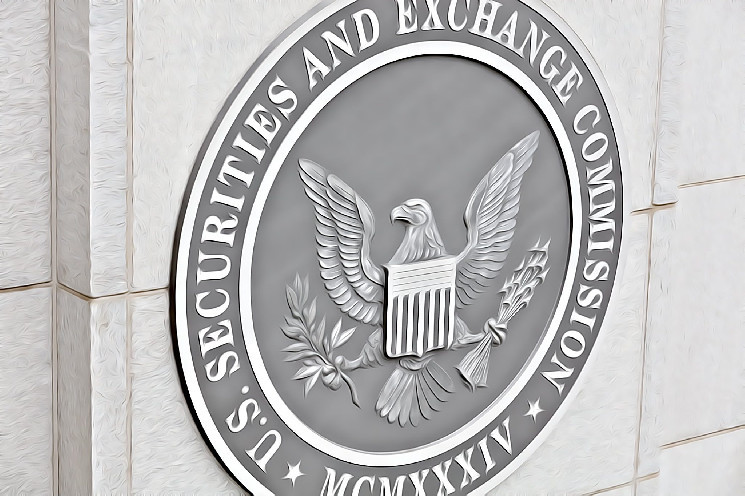SEC’s Peirce Believes Gensler is Trying to Do Too Much Too Fast
The Securities and Exchange Commission (SEC) may have a packed agenda that is hindering the implementation of important regulatory guidelines in the crypto space and other areas of securities policy, according to SEC Commissioner Hester Peirce. She expressed concerns that agency Chief Gary Gensler’s very busy regulatory agenda may signify a daunting task ahead of them. She aired these concerns during a discussion session with the Florida International University law students.
Peirce, often referred to as ‘Crypto Mom,’ has been a vocal member of the Commission, emphasizing the importance of leniency in the crypto regulations to foster innovation while safeguarding investors’ rights. She has taken issue with the SEC’s recent enforcement approach, which many industry participants have criticized for impeding progress, citing that the commission often targets companies or individuals that cannot go to court, thereby setting a precedent that affects others.
Peirce suggests that the agency needs to consider more efficient ways of handling enforcement actions to avoid slowing down the process. She recommends that regulators initiate public discussions and forums to create regulatory policies before issuing an enforcement action or agreeing to a settlement.
Peirce has also been against some settlements in the past years, saying that they have set legal precedents in the crypto industry. Instead, she recommends creating preliminary written documents for each of the crucial topics where there is a securities angle.
Peirce has also emphasized that regulators and the crypto industry must appreciate that digital assets’ use cases extend beyond trading. While trading remains an essential component of crypto, other aspects, such as payment and identity management systems, must be considered to foster innovation.
However, it remains difficult for regulators to fit crypto into the existing traditional financial market regulatory structure, which could explain the sluggish pace of regulatory implementation in the crypto space. While some regulators prefer to keep innovation in crypto away from the United States, fearing potential harm, Pierce believes that fostering it could have positive implications.
Regulatory Implementation in Crypto Space
Cryptocurrencies and their underlying blockchain technology remain a relatively new concept, with their extensive use case possibilities still unfolding. Regulators, accordingly, have been hesitant in adopting new policies, primarily due to their lack of experience with such emerging technologies.
However, the crypto industry is expanding rapidly, necessitating regulatory implementation to keep up with the pace of innovation. The lack of regulatory clarity has created uncertainty and stifled innovation, with startups and established companies alike struggling to operate in a regulatory gray area.
To address these challenges, regulators worldwide are gradually recognizing that sluggish regulatory implementation could have negative economic implications and affect their international competitiveness. They have, thus, begun exploring ways of creating robust regulatory frameworks that protect retail and institutional investors’ interests while fostering innovation.
The United States is one of the pioneers in digital asset regulation, with SEC, the Commodity Futures Trading Commission (CFTC), the Financial Crimes Enforcement Network (FinCEN), and the Office of the Comptroller of the Currency (OCC) all providing crucial regulatory guidelines that help shape digital assets’ future.
For instance, the SEC has labeled Bitcoin and Ethereum as non-securities, while some smaller-scale digital assets are still under scrutiny. CFTC regards crypto futures as commodities, while FinCEN provides anti-money laundering and other related guidelines.
Furthermore, OCC has granted federal banking licenses to select crypto exchanges, allowing them to operate as traditional financial institutions, providing services such as payment processing and custody services.
Conclusion
The SEC has a daunting task of ensuring that regulatory policies adapt to emerging technologies such as crypto while safeguarding investors’ interests. Commissioner Peirce is correct that the adoption of the right regulatory policies is critical in promoting innovation while managing risks. To achieve this, regulators must create an open dialogue between themselves and the crypto industry participants, considering multiple perspectives and areas of concern to ensure a robust regulatory framework.
As the ecosystem expands, investors’ protection, financial stability, and innovation will continue to be critical for regulatory agencies globally. It is, therefore, time for regulators to move faster and provide a clear regulatory framework that fosters innovation and protects investors’ interests.


